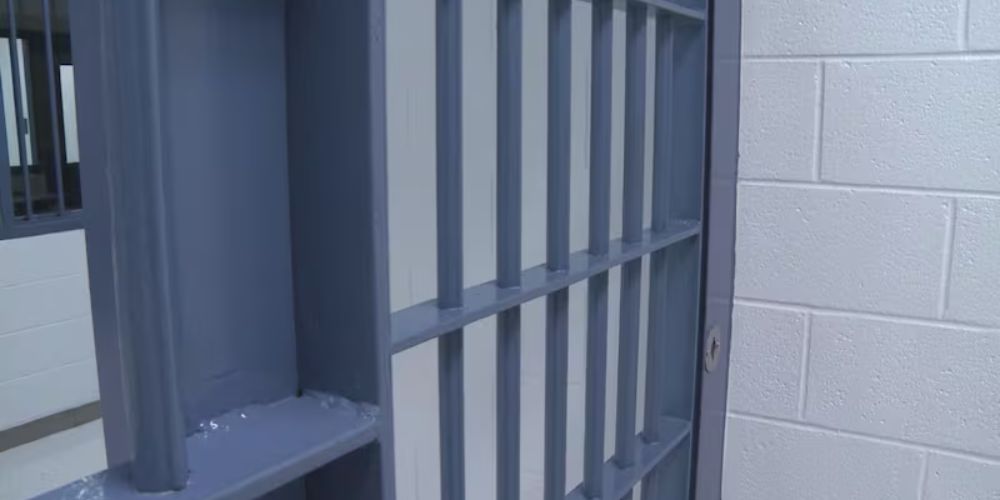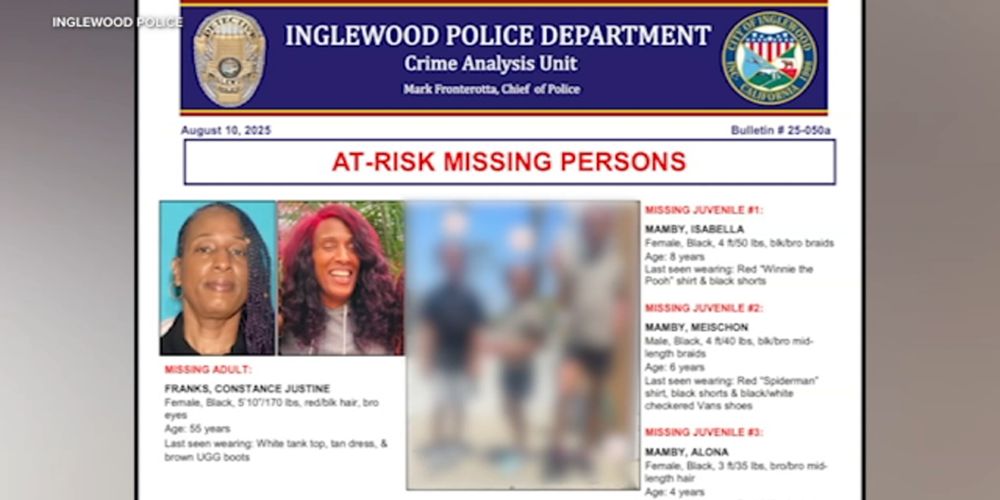As the population in Illinois continues to age, there is an increasing focus on ensuring that seniors, particularly those over 50, have access to resources that support their well-being, independence, and quality of life. With cost of living concerns rising in cities such as Chicago, Aurora, Rockford, Joliet, and Springfield, many older adults are looking into state and federal programs designed to provide financial relief, services, and benefits.
Illinois offers a spectrum of free government “money” programs. These encompass direct cash assistance, utility bill relief, property tax reductions, nutrition programs, housing support, and more. Understanding what’s available, how to access these programs, and who qualifies is crucial for any Illinoisan over 50 aiming to enhance their financial stability.
The Demographics and Challenges of Aging in Illinois
Illinois is home to more than 2.5 million residents aged 60 and older, with hundreds of thousands living in households headed by someone over 50. Cities like Chicago have some of the highest concentrations of older adults, but seniors are represented in urban, suburban, and rural areas alike.
The challenges facing this group include:
-
Rising healthcare costs
-
Increasing property taxes
-
Housing affordability
-
Higher-than-average utility bills
-
Fixed or limited incomes due to retirement or disability
Many older adults are either already retired or transitioning to retirement, so making dollars stretch is a state-wide concern.
Overview of Free Government Money Programs in Illinois
Illinois seniors over 50 can benefit from a wide range of government-funded programs, both at the state and federal levels. These programs typically provide support in the following areas:
-
Supplemental income and cash assistance
-
Property tax relief
-
Utility bill assistance
-
Food and nutrition services
-
Housing support
-
Healthcare and prescription assistance
-
Transportation benefits
We’ll explore each category, including relevant stats, eligibility criteria, and how seniors in various cities can access these services.
Supplemental Income and Cash Assistance
Social Security Retirement Benefits
Social Security remains the backbone of retirement income for the majority of seniors in Illinois. In larger cities such as Chicago and Peoria, the average monthly Social Security benefit for a retired worker is a significant part of basic living expenses.
Key facts:
-
Eligible for those over 62, with full benefits at age 66 or 67.
-
Payments are based on lifetime earnings and work credits.
-
Spousal and survivor benefits may also apply.
Supplemental Security Income (SSI)
SSI is a federal program aimed at seniors (age 65+), as well as the disabled, who have limited income and resources. It provides monthly cash assistance, making a crucial difference for seniors in cities like Rockford and Springfield.
Eligibility highlights:
-
Age 65 or older
-
Limited income and assets
-
U.S. citizenship or eligible residency
Illinois Aid to the Aged, Blind, or Disabled (AABD)
For seniors who qualify for SSI, the Illinois AABD Cash grant can offer additional monthly income. The program is run through the Illinois Department of Human Services and is especially helpful in urban and rural areas where poverty rates among seniors can be high.
Property Tax Relief for Seniors
Senior Citizens Assessment Freeze Homestead Exemption
Illinois’ property taxes are among the highest in the country, posing major challenges for seniors on fixed incomes. To address this, Illinois offers several exemptions:
-
Freezes the assessed value of a qualifying senior’s home.
-
Must be age 65 or older.
-
Annual household income must fall below a set threshold.
Counties like Cook (home to Chicago), DuPage, and Lake see some of the highest property tax burdens, making this program especially important there.
Senior Citizens Homestead Exemption
This exemption reduces the equalized assessed value of senior-owned residences, lowering property tax bills for those age 65 and older. Available in cities and villages throughout Illinois.
Senior Citizens Real Estate Tax Deferral Program
This program lets qualifying seniors “borrow” from the state to pay property taxes, with the loan collected upon the sale of the property or transfer of the estate. It serves as a crucial protection against tax foreclosure in areas like Naperville and Champaign.
Utility Bill Assistance
Low Income Home Energy Assistance Program (LIHEAP)
Illinois winters can be harsh, especially in cities on Lake Michigan like Chicago and Waukegan, pushing utility bills higher for older adults. LIHEAP provides financial assistance to help cover heating and cooling bills.
Program details:
-
Available for eligible seniors and low-income households.
-
Benefits depend on income, household size, and fuel type.
-
Administered throughout Illinois, with walk-in locations in most counties.
Percentage of Income Payment Plan (PIPP)
This program helps low-income seniors make affordable monthly payments for utility services based on a percentage of their income, offering stability in cities such as Decatur or Bloomington.
Nutrition and Food Security Programs
Supplemental Nutrition Assistance Program (SNAP)
SNAP, commonly known as food stamps, assists low-income seniors in buying healthy groceries. In Illinois, over 250,000 households with a member aged 60 or older received SNAP benefits.
Key info:
-
Assistance is based on income, expenses, and family size.
-
Benefits are provided on an Illinois Link Card for shopping.
-
Used widely in larger cities such as Aurora and smaller communities across the state.
Senior Farmers Market Nutrition Program
This seasonal program gives eligible seniors vouchers that can be exchanged for fresh produce at farmers markets in cities like Rockford, Elgin, and Springfield, helping seniors afford healthy food.
Meals on Wheels
Meals on Wheels programs deliver nutritious meals directly to the homes of seniors across Illinois. In sprawling metropolitan areas like Chicago, as well as rural communities, these programs often mean the difference between adequate nutrition and food insecurity for thousands each year.
Housing Assistance and Support
Section 8 Housing Choice Voucher Program
The Section 8 program provides rental subsidies for low-income seniors, significantly lowering their housing costs. Waiting lists can be long in densely populated cities like Chicago, but many seniors are able to access safe, affordable housing through it.
Illinois Supportive Living Program (SLP)
The SLP offers apartment-style living with support services to seniors who need assistance but want to maintain independence. Facilities are found in multiple cities, including Springfield, Moline, and Belleville.
Illinois Housing Development Authority (IHDA) Senior Housing
IHDA supports affordable senior apartment communities throughout the state, helping bridge housing gaps particularly for residents on low and modest incomes.
Healthcare and Prescription Drug Assistance
Medicare and Extra Help Program
Medicare is vital for healthcare coverage among Illinois seniors. The Extra Help program assists with paying for prescription drug plans, reducing out-of-pocket costs for those with limited incomes.
Illinois Cares Rx
Formerly a state prescription assistance program, Illinois Cares Rx helped thousands of seniors pay for medications. While state funding has shifted, help is available via federal Extra Help and other discount drug programs.
Medicaid
For those with very limited resources, Medicaid in Illinois covers a wide array of healthcare needs for seniors. Chicago and East St. Louis have large numbers of Medicaid-eligible seniors, who benefit from this crucial safety net.
Transportation Programs for Seniors
Reduced Fare and Free Transit Programs
Seniors age 65 and older can ride many public transit systems free or at a reduced fare. In cities like Chicago, the Reduced Fare and Free Ride programs enable seniors to access the CTA, Metra, and Pace suburban bus lines at little or no cost.
Paratransit Services
Across Illinois, specialized transportation services cater to those unable to use fixed-route public transit due to disabilities or frailty. Cities including Peoria and Rockford offer curb-to-curb or door-to-door options for qualifying seniors.
Free or Subsidized Phone Service: Lifeline
Lifeline is a federal program offering discounted or free phone service to income-eligible seniors. This ensures connectivity for medical emergencies, social contact, and essential services, particularly important for those living alone in urban and rural areas of Illinois.
Local Programs: City and County-Specific Initiatives
While state and federal programs form the backbone of support, many Illinois cities and counties offer unique senior benefit programs:
-
In Chicago, the Department of Family & Support Services provides local grants, transportation, social services, and emergency financial aid specifically for seniors.
-
DuPage County’s Senior Services offers care coordination, prescription help, and information for all residents over 60.
-
Downstate, cities like Quincy and Carbondale facilitate utility relief efforts, housing repair grants, and more for seniors facing financial hardship.
How to Apply and Get Help
Understanding eligibility, application procedures, and best practices is key to accessing these vital resources. Illinois has established a wide network of Area Agencies on Aging, local Senior Centers, and online portals.
Steps to Access Programs:
-
Gather identification, proof of age or disability, income records, and proof of Illinois residency.
-
Visit your city or county government website to look for senior services.
-
Contact an Area Agency on Aging serving your region for tailored advice and application help.
-
For programs like SNAP or Medicaid, applications are often available both online and in-person at local DHS offices.
Many programs use a sliding scale based on income, so even if your retirement income is above official poverty thresholds, you may qualify for partial help.
Common Questions and Tips
-
What if I am over 50 but not yet 65?
Many programs designed for seniors begin enrolling qualified applicants at age 50, especially those involving employment retraining or housing support. -
Are programs only for low-income seniors?
While financial need is a primary factor, others like free public transport or tax exemptions may only require an age threshold and property ownership. -
How long does it take to get benefits?
Processing times vary based on demand, program funding, and completeness of applications, with some programs offering immediate relief (like utility aid) and others requiring longer waits (such as housing vouchers).
The Economic Impact of Senior Programs in Illinois
The collective effect of these programs is substantial, reducing poverty and homelessness among seniors and allowing thousands to live more independently. For example, in 2023, nearly 600,000 Illinoisans over 60 benefited from federal nutrition programs, while millions received property tax relief.
Cities like Evanston, Cicero, and Springfield all report increased rates of senior financial stability thanks to effective distribution of these free government funds.
Conclusion
Illinois seniors over 50 have a robust toolkit of free government money programs at their disposal. Whether you live in the heart of Chicago, a suburb like Schaumburg, or across the farmland near Quincy, these resources are designed to foster independence and financial security.
To maximize your benefits, stay informed, seek help from local agencies, and apply for all programs for which you might be eligible. As Illinois continues to age, advocacy for seniors and awareness of these essential programs will only grow in importance. If you or a loved one is approaching retirement or facing financial hardship, now is the time to explore and utilize these valuable support systems for a secure and healthy future.











Leave a Comment